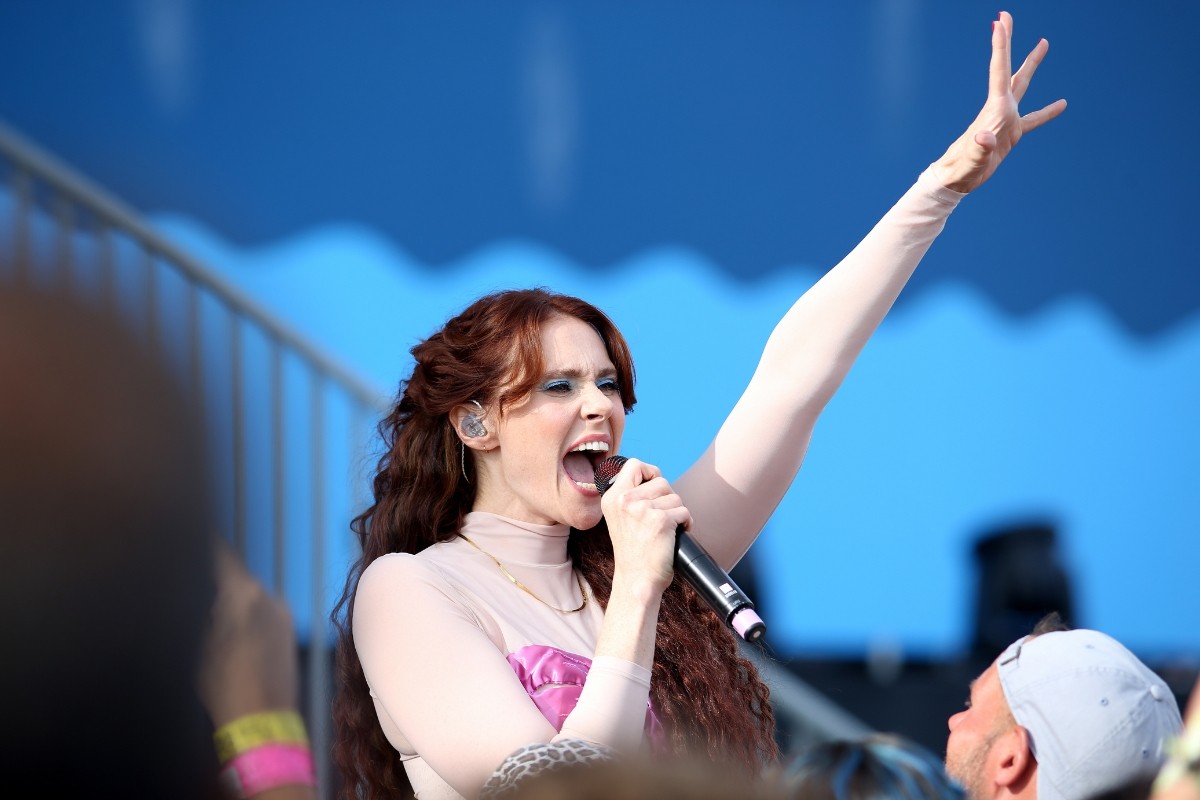
British singer-songwriter Kate Nash has made headlines by joining OnlyFans, stating she expects to earn more from sharing photos there than from her current concert tour revenues.
Nash launched her OnlyFans presence under the campaign "Butts for tour buses," explaining that touring currently generates losses rather than profits for most musicians. The move comes as she embarks on her UK and European tour dates following a three-week US run.
"I'm losing money from those tours," Nash revealed to BBC News. She detailed the difficult choices artists face: cutting staff wages, reducing crew size, or compromising on travel safety - none of which she's willing to do.
The singer, who released her fifth studio album in June, pointed out that while festival and ticket prices have risen dramatically, artists' fees have remained stagnant for years. "You might be playing a venue that you've sold out multiple times but getting the same fee from 10 years ago," she explained.
Nash views her OnlyFans venture as both a practical solution and a statement. "It's a bit of a punk protest as a woman to take control of my body and sell it to fund my passion project, which is actually my 18-year career," she said. Her content on the platform remains revealing but not explicit, focusing mainly on artistic photos.
The artist also highlighted broader industry issues, noting that while some corporations and select artists profit substantially from music, most performers struggle financially. She expressed concern that this creates barriers for working-class artists entering the industry, reducing musical diversity.
Nash suggests the music industry could learn from content creation platforms like OnlyFans about fair compensation and artist control. "We haven't taught any of those lessons to anyone with music and art - that art is so valuable and meaningful in our lives. We're totally happy to devalue it," she stated.
The singer's bold move sparks conversation about artist compensation in the modern music industry, where streaming platforms pay fractions of pennies per play and touring costs continue to rise.